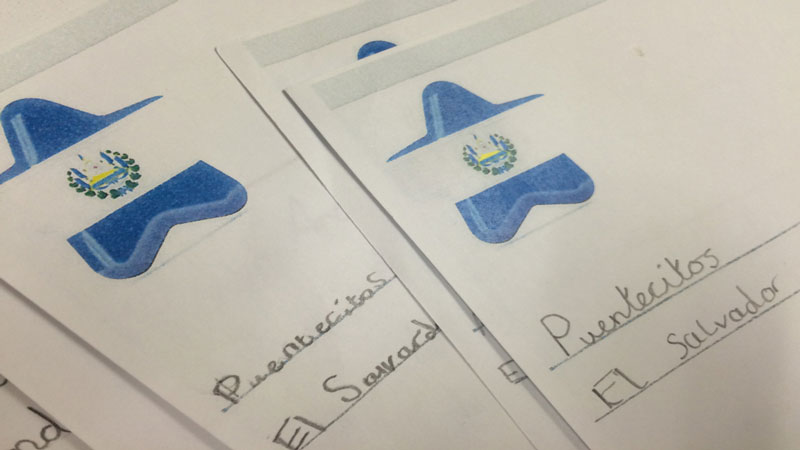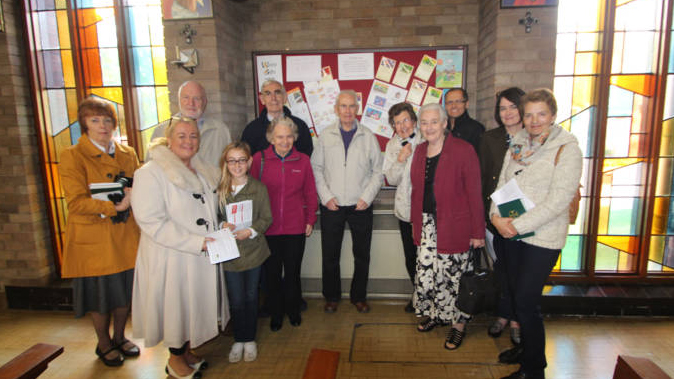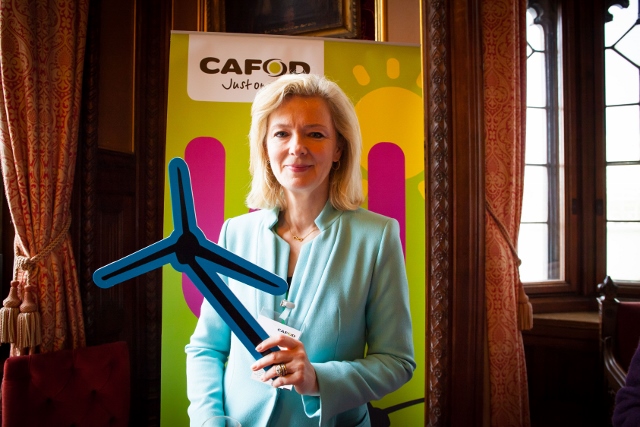Discovering the Joy of Love
May 14, 2016
Rachel McCarthy works in CAFOD’s Theology Programme. She reflects on how our faith calls us to show mercy to the children, women and men searching for peace and refuge.
Love is a gift of God

I am blessed to know what love is. From the example of my parents and my grandparents, I know that love for another person is a self-sacrificial gift, a sharing in each other’s joys and sorrows, one that is ever willing to heal wounds and bring new life.
Reading Pope Francis’ apostolic exhortation, Amoris Laetitia, (the Joy of Love), the words leapt out at me, reminding me of this living stream of our faith. For love “trusts, it sets free”. Love “never gives up, even in the darkest hour”. Love “opens our eyes and enables us to see, beyond all else, the great worth of a human being”. Love “is always a gift of God”.
Based on biblical teaching and the experiences of the faithful worldwide, Amoris Laetitia reflects on the meaning of love and boldly addresses the complex issues which prevent human flourishing. It teaches us how to be loving in our relationships with our own families, but also inspires us to look outwards and to foster an attitude of global solidarity.

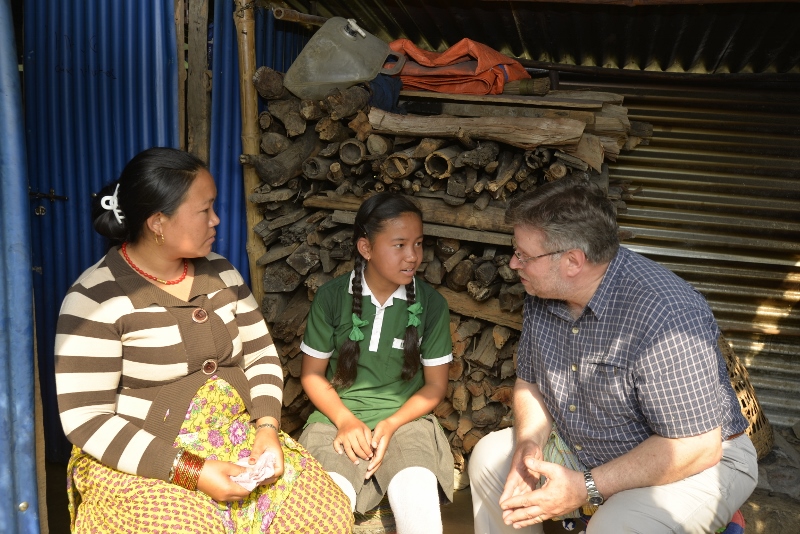
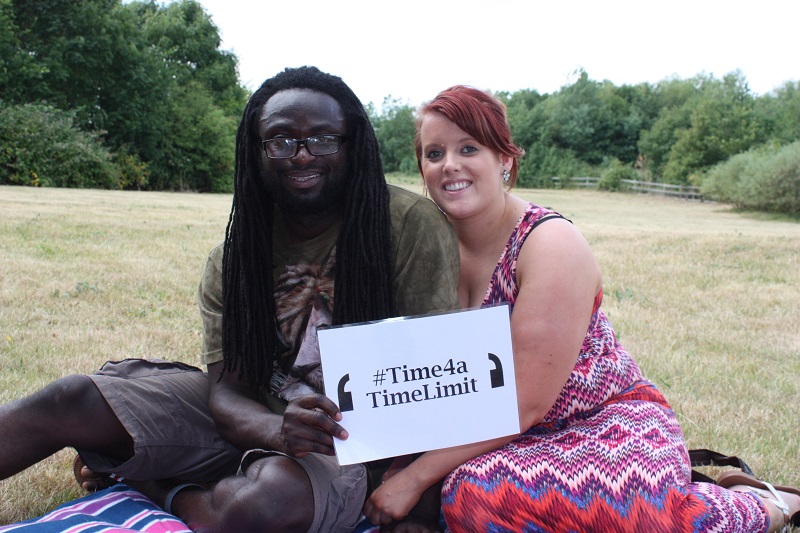
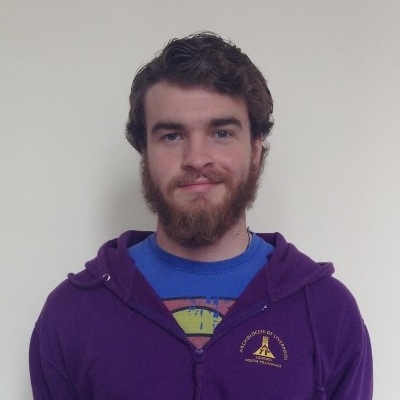 Tom Hallsworth works with Animate Youth Ministries in St Helen’s in the Liverpool Archdiocese, leading retreat days with young people aged 11-25 to inspire them to live out the Gospel and social justice. He’s part of the CAFOD ambassador scheme, connecting CAFOD with youth centres across the country.
Tom Hallsworth works with Animate Youth Ministries in St Helen’s in the Liverpool Archdiocese, leading retreat days with young people aged 11-25 to inspire them to live out the Gospel and social justice. He’s part of the CAFOD ambassador scheme, connecting CAFOD with youth centres across the country. 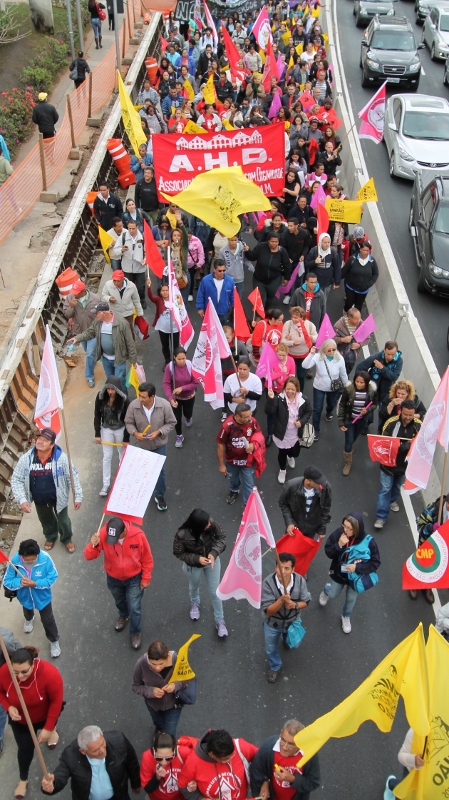
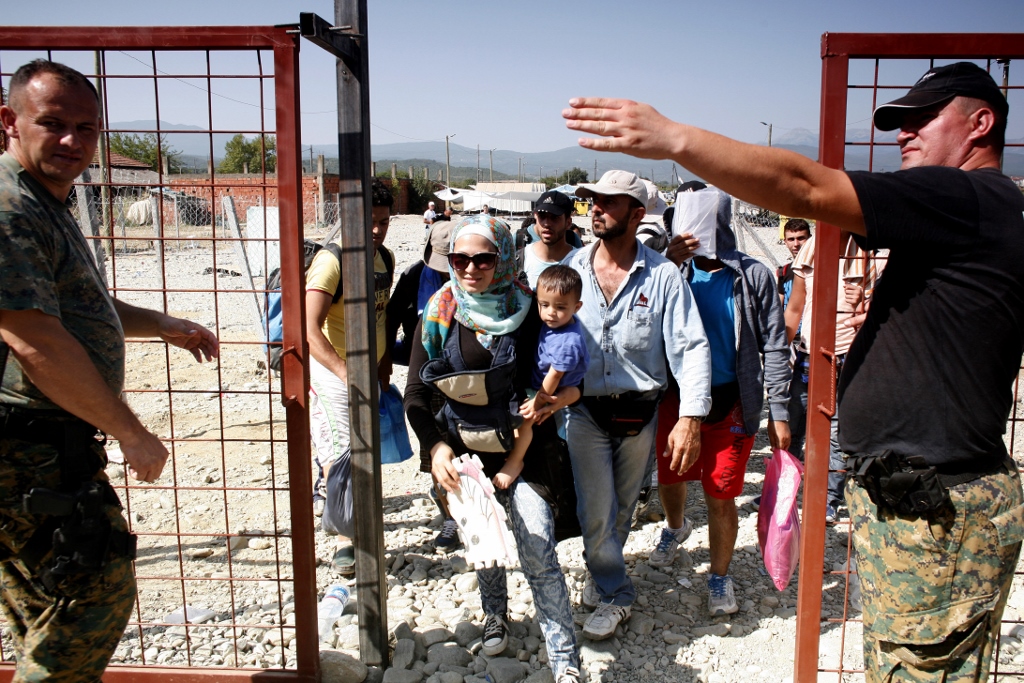 A couple of weeks’ ago I walked through the Door of Mercy at St George’s Cathedral, Southwark with CAFOD colleagues from all around the country. We were praying for refugees and migrants, forced to leave their homes in search of a better life. And as we heard the stories of our brothers and sisters from around the world, intertwined with Scripture, Catholic Social Teaching and prayers, we were moved – imagining ourselves in their shoes, and recognising the need for God’s mercy in our world.
A couple of weeks’ ago I walked through the Door of Mercy at St George’s Cathedral, Southwark with CAFOD colleagues from all around the country. We were praying for refugees and migrants, forced to leave their homes in search of a better life. And as we heard the stories of our brothers and sisters from around the world, intertwined with Scripture, Catholic Social Teaching and prayers, we were moved – imagining ourselves in their shoes, and recognising the need for God’s mercy in our world.